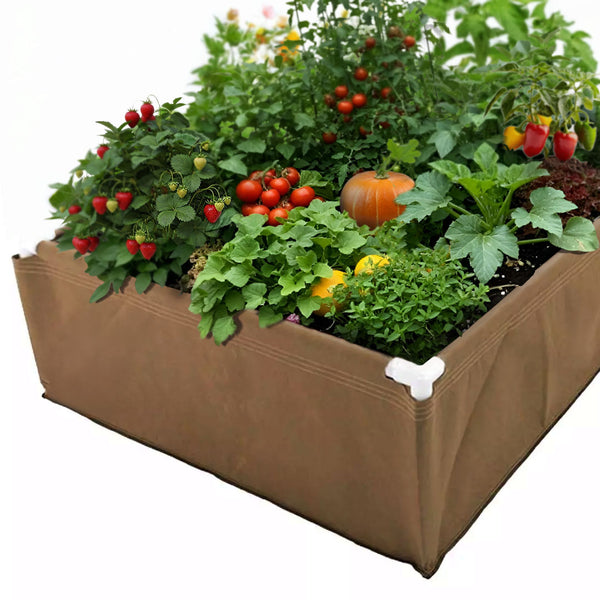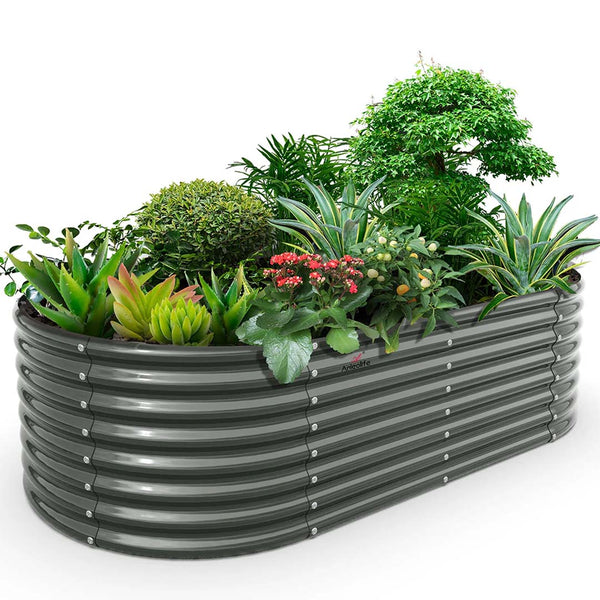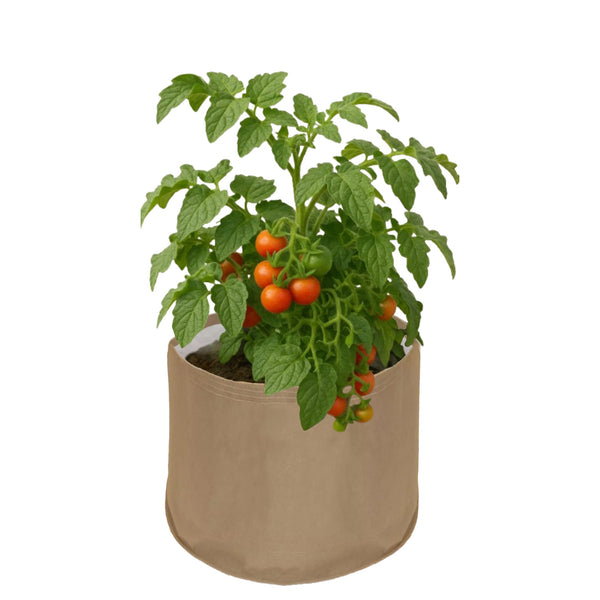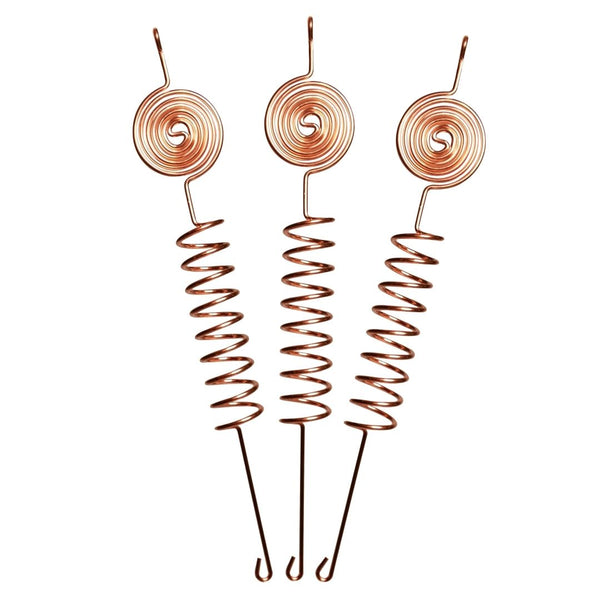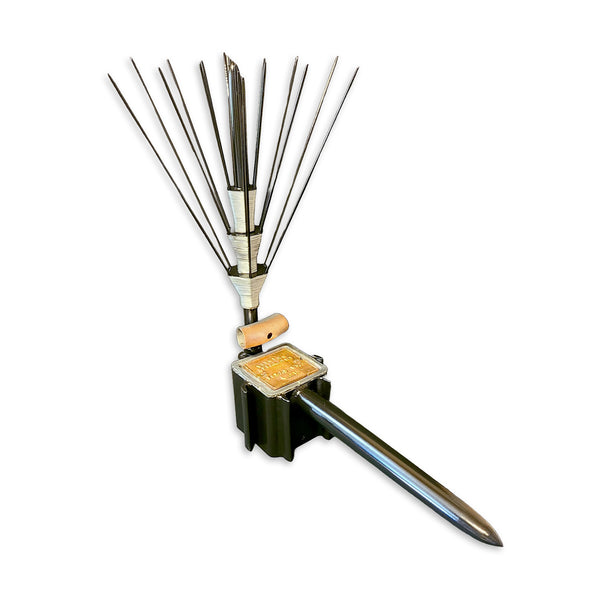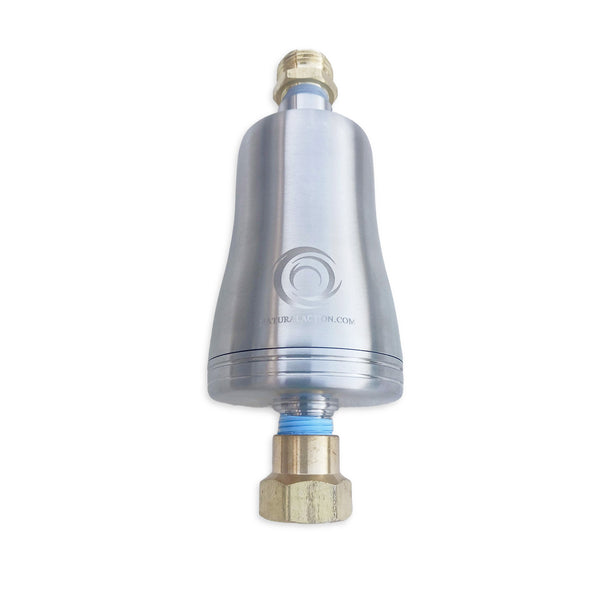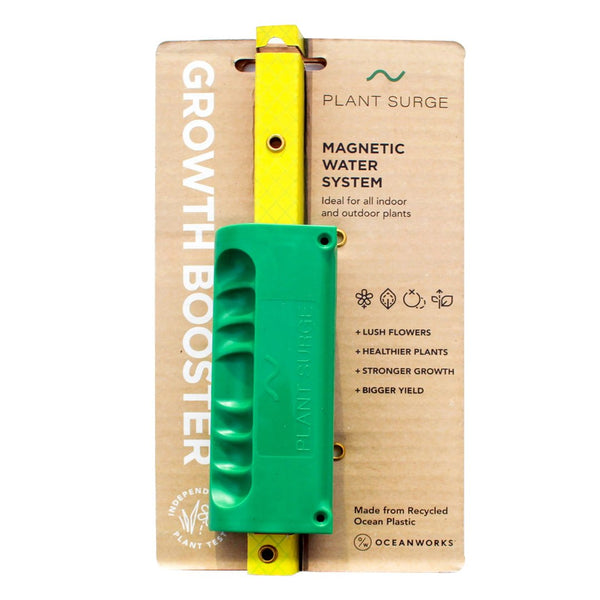Electroculture Antenna Clockwise Or Counterclockwise? The Direction That Actually Matters

Understanding Electroculture Gardening
Electroculture gardening is like giving your plants a little electric pep talk, using atmospheric energy to boost their growth. Let's dig into its history and how it can turn your garden into a veggie wonderland.
History and Origins
Electroculture's story starts way back in 1868 when Finnish geophysicist Karl Lemström noticed plants near the aurora borealis were growing like they were on steroids. His curiosity sparked experiments in Germany, where electrified strawberries, beans, and barley grew bigger and ripened faster. Talk about a shocking discovery!.
Fast forward to the 1920s, and French inventor Justin Christofleau was all about electrifying gardens. He wrote a book called "Electroculture," diving into how atmospheric electricity could jazz up plant growth. He even whipped up a gadget with vibrating wires to capture this energy, setting the stage for today's electroculture practices.
Principles of Electroculture
Electroculture is all about copper wire magic. This wire creates electromagnetic fields that give plant roots a boost, helping them soak up nutrients like a sponge. It's like giving your garden a superpower.
Research shows that plants exposed to these electromagnetic fields grow stronger and healthier. It's like they're hitting the gym, with increased yields and vitality. The secret sauce is in the root systems, which get a jolt of energy, leading to robust plants.
By tapping into electroculture, we can grow gardens that are bursting with nutrient-rich goodies, all while cutting back on synthetic fertilizers and chemicals. Curious about how this method can shake up your gardening game? Check out our articles on electroculture gardening and electroculture antennas.
Benefits and Applications
Electroculture gardening is like giving your plants a superpower boost, and who wouldn't want that? By tapping into electromagnetic fields and copper wire magic, we can turn our gardens into thriving green paradises.
Increased Plant Growth
Let's talk about the real showstopper here: plant growth on steroids. Electroculture has this nifty trick of making plants grow like they're on a mission. Studies show that zapping crops like oats and barley with electricity can pump up their yield by a whopping 22%. Imagine thin insulated wires charged to 40,000 to 80,000 volts hanging above your crops, working their magic. And if you think that's cool, wait till you hear about shocking seeds with electricity—cabbage yields have skyrocketed by 75% in some experiments.
Electroculture gardening is like a spa day for plants, giving their roots a little electromagnetic massage courtesy of copper wire. This pampering results in plants that are not just surviving but thriving, ready to face whatever Mother Nature throws their way. For instance, electricity from wind and rain has been shown to speed up pea seed germination by over 25% and boost pea growth by nearly 18%.
| Crop Type | Yield Increase (%) | Notes |
|---|---|---|
| Oats | 22 | Supercharged growth with electricity |
| Barley | 22 | Supercharged growth with electricity |
| Cabbage | 75 | Germination on fast-forward with electricity |
| Peas | 18 | Growth boost with wind/rain electricity |
Enhanced Soil Fertility
Now, let's dig into the dirt—literally. Electroculture is a game-changer for soil fertility. Copper wire acts like a nutrient highway, helping ions zip around the soil, making it easier for plant roots to grab those essential goodies. This means your plants get the VIP treatment when it comes to nutrient absorption, which is key for their growth spurt.
And here's a bonus: electroculture can send pests packing. The electromagnetic fields mess with their mojo, keeping them from wreaking havoc on your garden. This means less need for chemical warfare, and more peace and harmony in your garden.
| Soil Benefit | Description |
|---|---|
| Improved Nutrient Absorption | Copper wire turns soil into a nutrient expressway. |
| Natural Pest Deterrent | Electromagnetic fields confuse pests, keeping them at bay. |
By weaving electroculture into our gardening routine, we're not just growing plants; we're growing superheroes. Stronger plants, bigger harvests, and healthier soil—all while cutting back on the chemical stuff. For more tips on how to get started, check out our articles on electroculture gardening and electroculture antennas.
Electro Culture Antennas
Electroculture antennas are nifty gadgets that give our plants a little extra oomph by tapping into the natural electromagnetic vibes around us. Knowing the different types of antennas and how to set them up can really help us get the most out of our gardens.
Types of Antennas
There are a few kinds of electroculture antennas, each with its own style and way of working. Here are two crowd favorites:
| Antenna Type | Description |
|---|---|
| Luigi Ighina Spiral Antenna | Shaped like a stretched-out light bulb, this one’s got a wire coil that gathers electricity to give plants a growth spurt. The Spruce |
| Lakhovsky Coil | A single loop of wire with one end open, this antenna also pulls in electricity to boost plant health. The Spruce |
Both antennas use copper wire, which creates electromagnetic fields that jazz up root systems, help plants soak up nutrients, and make our gardens thrive.
Installation and Usage Instructions
Setting up electroculture antennas is a breeze, and these steps can help us get the best results:
Pick the Perfect Spot: Find a sunny spot in the garden without any blockages. This way, the antenna can soak up all the electromagnetic goodness.
Get the Soil Ready: Loosen up the soil where the antenna will go. This helps it mingle better with the earth and do its job more effectively.
Set Up the Antenna:
- For the Luigi Ighina Spiral Antenna, stick the base into the soil, making sure it stands tall. Keep the coil above ground to catch more energy.
- For the Lakhovsky Coil, point the open end up and secure it in the soil.
Hook Up Copper Wire: If you’re adding extra copper wire, connect it to the antenna and bury it around the plants. This helps create the electromagnetic fields needed for growth.
Keep an Eye and Tweak: Watch how the plants are doing. Move the antenna if needed to make sure it keeps catching energy like a pro.
By following these steps, we can use electroculture antennas to give our gardening a boost. For more on how electroculture can benefit us, check out our article on electroculture gardening.








